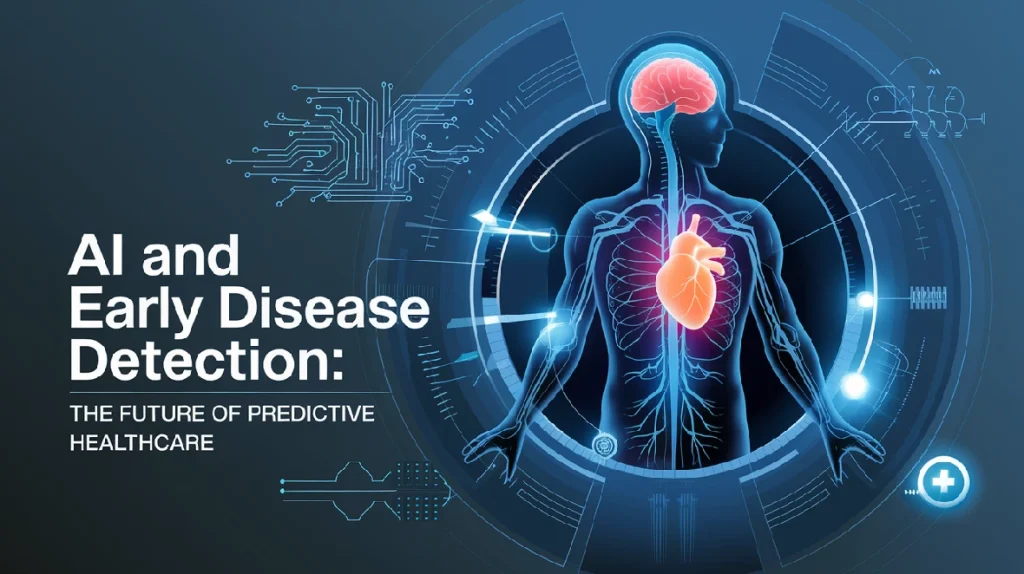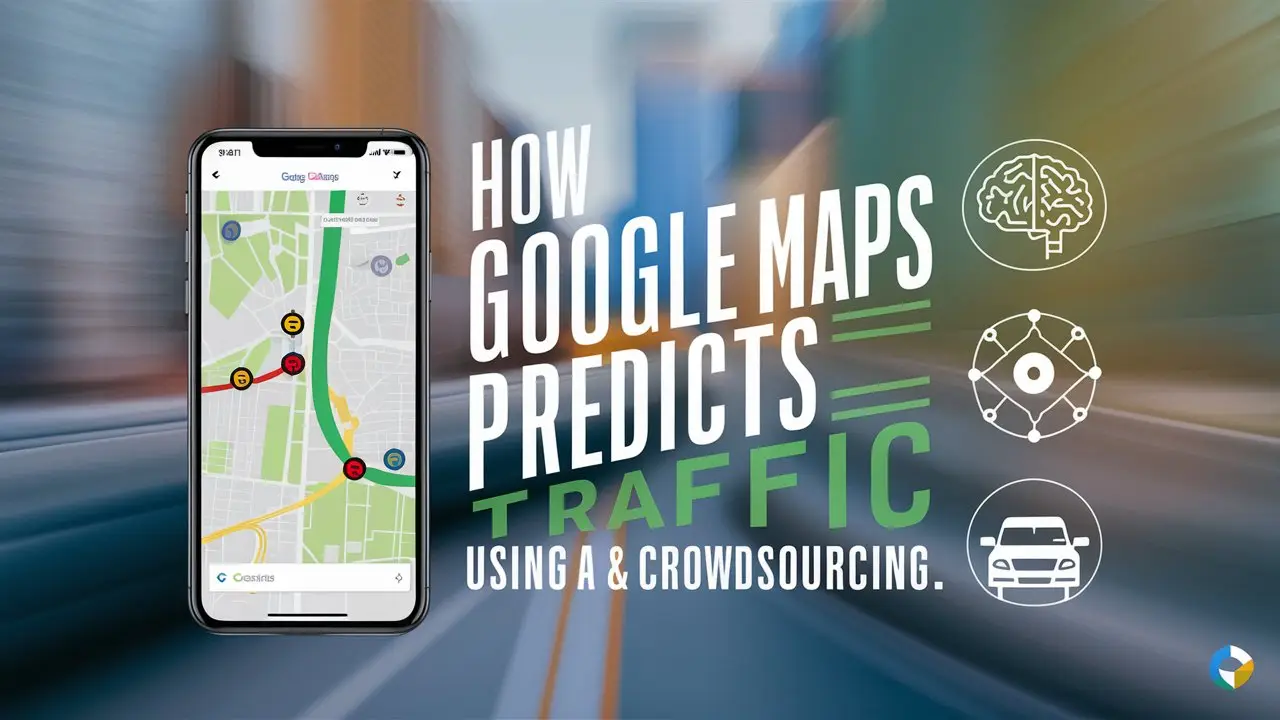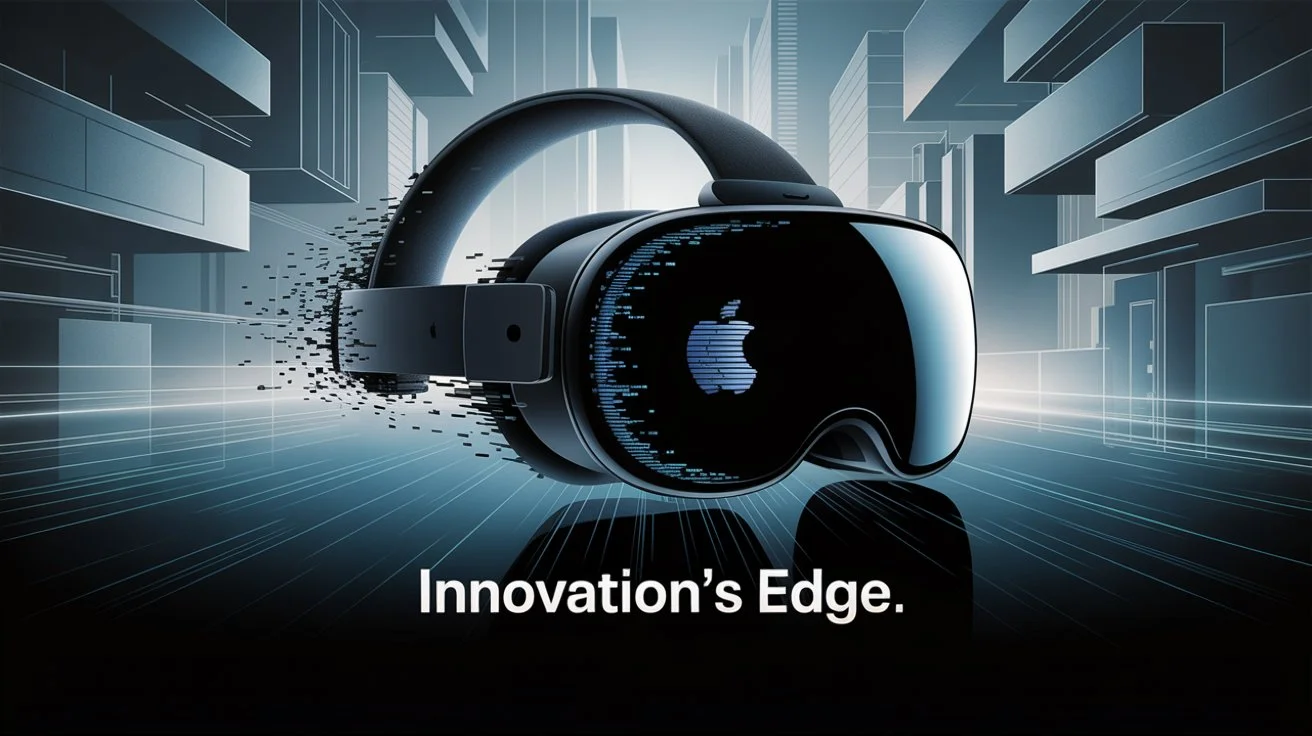Artificial Intelligence (AI) is rapidly transforming industries worldwide, and healthcare is at the forefront of this revolution. Among its most groundbreaking contributions is its role in early disease detection and predictive healthcare, where AI’s ability to analyze vast amounts of data and identify patterns has become invaluable. These technologies are reshaping how we diagnose, prevent, and treat illnesses, leading to more personalized and effective patient care. This article explores how AI is pushing the boundaries of predictive analytics in healthcare, allowing us to detect diseases before they manifest and enabling healthcare providers to take proactive measures.
How AI is Revolutionizing Early Disease Detection
At the heart of AI’s impact on healthcare is its remarkable capacity to process and analyze colossal amounts of medical data, uncovering patterns and correlations that human experts might overlook. This is especially valuable in early disease detection, where time is of the essence. The sooner a condition like cancer or heart disease is identified, the better the chances of successful treatment. In this area, AI-powered systems have been pivotal in identifying diseases like breast cancer, heart conditions, and diabetes early, providing doctors with the data they need to make informed decisions.
Take, for example, a case study involving AI in early breast cancer detection. In this scenario, an AI algorithm was used to examine thousands of mammogram images, training itself to recognize subtle indicators of cancer that even the most experienced radiologists might miss. Over time, this system became adept at spotting early signs of breast cancer—sometimes years before symptoms became noticeable to the human eye. Early detection not only means earlier treatment, but also significantly increases survival rates, reducing the need for invasive interventions like chemotherapy or surgery.
AI’s ability to improve early diagnosis extends beyond just cancer detection. In cardiology, AI-driven platforms can analyze electrocardiograms (ECGs) or echocardiograms to identify potential heart issues that might not be apparent during a traditional exam. The same is true for diseases such as diabetes, where AI systems analyze glucose levels, lifestyle habits, and genetic factors to identify individuals at high risk of developing the disease, even before they exhibit symptoms. In all these cases, AI in healthcare is proving to be a game-changer, offering faster, more accurate diagnoses and contributing to better patient outcomes.
The Role of Predictive Analytics in Healthcare
AI’s impact goes far beyond diagnosis—it extends into the realm of predictive analytics, where AI can analyze data to forecast potential health issues before they arise. Predictive analytics is reshaping predictive healthcare by identifying patient risk factors and providing the information necessary to take preventive action. This capability is incredibly valuable in diseases such as heart disease, Alzheimer’s, and mental health disorders, where early disease detection is often the key to preventing disease progression.
Predictive analytics works by analyzing large datasets that include patient medical history, lifestyle choices, genetic makeup, and even environmental factors. For example, if an AI system is tasked with assessing an individual’s risk of developing heart disease, it would examine data points such as family history, current cholesterol levels, diet, and exercise habits, along with any genetic predispositions. The system can then predict the likelihood of heart disease occurring in the future, giving doctors the chance to implement preventive care plans, such as lifestyle changes or medication, to reduce that risk.
Consider the application of predictive analytics in breast cancer. By using AI to analyze a patient’s medical records, lifestyle, and genetic data, doctors can predict the likelihood of breast cancer developing long before the disease manifests physically. High-risk individuals can be closely monitored, screened more frequently, and given guidance on reducing risk factors, such as diet or lifestyle adjustments. This approach shifts the focus of healthcare from reactive to proactive, a fundamental transformation made possible by AI in healthcare.
Case Study: AI Reducing Hospital Readmissions
One of the most impactful applications of AI-powered Early disease detection analytics is in reducing hospital readmissions—a costly problem for healthcare providers. For instance, a hospital system in a large metropolitan area deployed an AI-driven predictive analytics platform to address the issue of high patient readmission rates. This platform examined a wide range of data points for each patient, including medical history, the treatment received, and even social factors like living conditions and access to support systems at home.
Through AI’s advanced ability to recognize patterns, the system was able to identify patients who were at higher risk of being readmitted after discharge. In response, the hospital could personalize post-discharge care, suggesting interventions such as home health aides or more frequent follow-up appointments. The result? A significant reduction in patient readmissions, which not only improved patient outcomes but also reduced the financial strain on the healthcare system.
This example demonstrates how early disease detection healthcare is not just about predicting diseases; it’s also about understanding patient needs more holistically. With AI, hospitals can take preventive measures long before a patient returns with complications, ultimately improving the quality of care and lowering healthcare costs.
The Future of Predictive Healthcare: AI’s Expanding Role
As AI continues to evolve, its applications in healthcare will only expand. The future of AI-powered predictive healthcare looks bright, with AI systems expected to become more accurate and sophisticated as they gain access to more diverse and complex datasets. This evolution will allow for even earlier detection of diseases, more personalized treatment plans, and more efficient use of healthcare resources.
For healthcare providers, this means that AI-driven insights will be critical in improving patient outcomes. Hospitals will be able to allocate resources more effectively, ensuring that high-risk patients receive the care they need before their conditions worsen. For patients, this means a future where diseases are detected before they even become symptomatic, allowing for earlier interventions and potentially avoiding the development of chronic conditions altogether.
Furthermore, the benefits of AI extend beyond disease detection and prevention. AI’s ability to process and analyze large amounts of data is enabling innovations in drug discovery, robotic surgeries, and even telehealth platforms that are making healthcare more accessible to remote populations. These advances will continue to push healthcare toward a more efficient, personalized, and data-driven model, where the focus is on preventive care rather than reactive treatments.
Conclusion
In conclusion, the integration of artificial intelligence in healthcare is no longer a concept for the distant future—it is transforming healthcare today. AI in early disease detection is allowing doctors to diagnose illnesses more quickly and accurately, while predictive analytics is enabling proactive healthcare that focuses on prevention rather than treatment. From early breast cancer detection to preventing hospital readmissions, AI is helping healthcare providers deliver more personalized care and improving patient outcomes across the board.
As AI in healthcare continues to advance, we can expect even more groundbreaking applications, leading us toward a future where diseases are detected and treated before they have a chance to manifest. With AI-powered predictive analytics, the future of healthcare is not just bright—it’s revolutionary.
If you’re excited about the potential of AI to transform healthcare and other industries, make sure to like, share, and subscribe to Future Edge Vision for the latest insights into AI-powered healthcare solutions and more.




